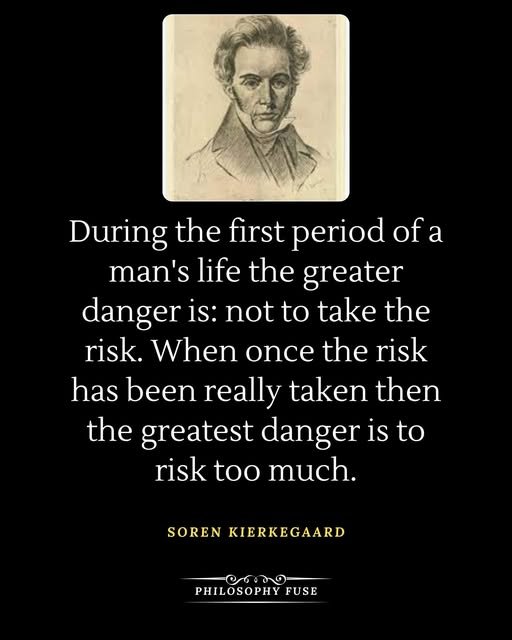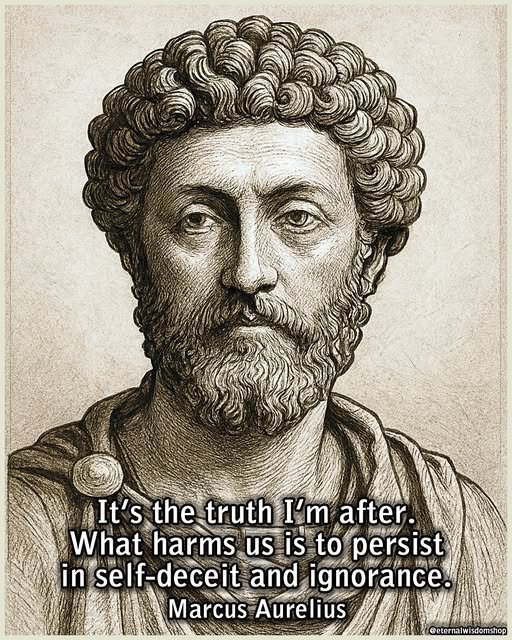Aristotle\'s assertion that \"happiness depends upon ourselves\" encapsulates a profound philosophical stance on the essence of happiness, reflecting the cornerstone of his ethical teachings. Central to his philosophy, detailed in works like the \"Nicomachean Ethics,\" is the concept of \'eudaimonia,\' often translated as \'happiness\' or \'flourishing.\' Aristotle diverges from the simplistic understanding of happiness as a fleeting emotion; instead, he situates it within the realm of self-sufficiency and virtue.
Happiness, for Aristotle, is not merely the result of external factors or transient pleasures. Rather, it arises from a life lived in accordance with virtue—a consistent cultivation of ethical qualities and actions that fulfill one\'s potential. This perspective challenges us to view happiness as a dynamic process rather than a static state. It is the practice of virtue that makes life worthwhile, not the pursuit of pleasure or avoidance of pain, which are often seen as primary motivators in more hedonistic frameworks.
Understanding Aristotle\'s viewpoint requires us to assess our values and actions critically. It prompts an introspective evaluation of how our daily choices align with our deeper ethical convictions. Are we developing habits that enhance our overall well-being and those around us? Are we engaging in activities that promote a broader societal good? According to Aristotle, the answers to these questions are fundamental to achieving true happiness.
Moreover, Aristotle emphasizes the importance of practical wisdom, or \'phronesis,\' a key virtue that involves prudent decision-making that reflects ethical considerations and leads to the greater good. This suggests that happiness is intricately linked to our capacity to navigate complex life situations wisely and ethically.
In our contemporary context, this Aristotelian idea serves as a counterpoint to the often superficial pursuits of happiness prevalent in modern society. It encourages a deeper, more structured approach to personal and community well-being. By advocating that \"happiness depends upon ourselves,\" Aristotle invites us to cultivate a life rich in purpose and meaning, underscored by the pursuit of virtuous living, rather than mere gratification or material success.
Thus, embracing this philosophy can profoundly impact how we structure our personal lives and engage with the world, promoting a holistic and sustainable form of happiness that resonates with our deepest human capacities and aspirations.























.jpg)








.jpg)


.jpg)

.png)


.jpg)




.jpeg)




.jpg)




.jpeg)

.jpeg)
.jpg)





.jpg)




.jpeg)





.jpg)











.jpeg)








